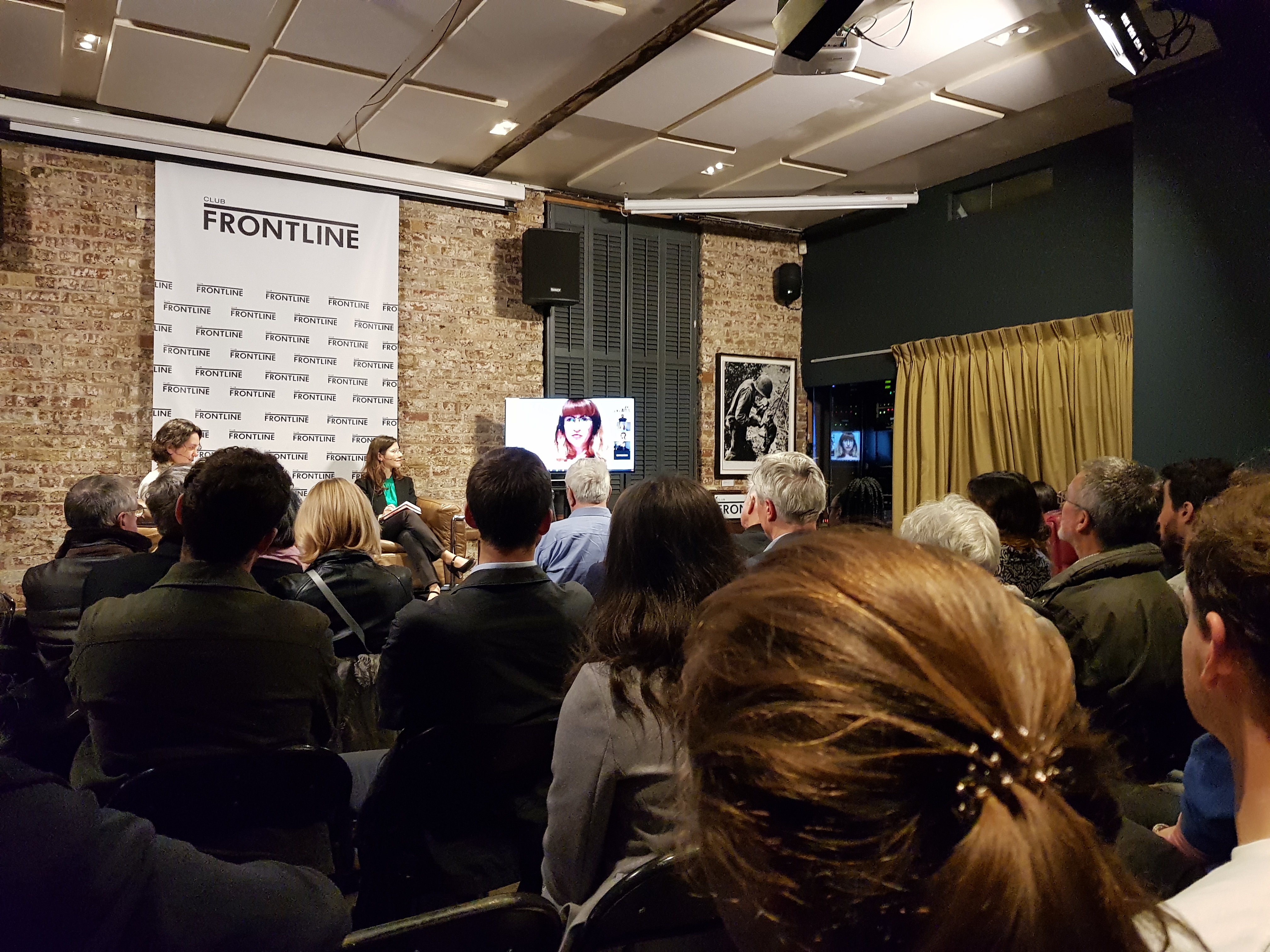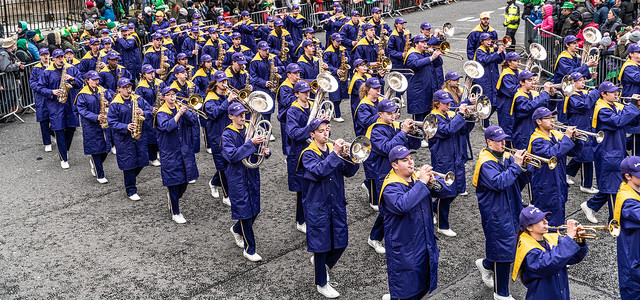Visa problems have prevented international entrepreneurs, employees of tech startups and major tech businesses from attending the annual Web Summit event held in Dublin, Ireland. The Summit, held between 3-5 November, is an opportunity for tech businesses to network. Problems with paperwork are understood to be the reason behind the visa delays and rejections.
Web Summit organisers' email about visa issues
An email, sent out on 2 November 2015 by the organisers of the 2015 Web Summit, informed delegates attending the event that a number of attendees had encountered problems with their visa applications. An excerpt from the email read: "In the previous ten days, a number of visas for our attendees, employees and speakers have been denied or delayed."
The email added: "Please be mindful that all your paperwork needs to be in order, especially if you're travelling to Dublin from China or India." However, no further details were provided.
Similar visa problems during the previous 2014 Web Summit
Anurag Rathor is the founder of Zify, a startup business that enables people to share car journeys. He was denied a visit visa for the 2014 conference. In an interview with Techworld, Rathor explained that he'd spent €3,000 on his visa application.
Based in Hyberedad, India, Rathor said that the application was rejected by the UK government due to 'complications with a hotel in Dublin that was listed as his startup's accommodation during the event.' Commenting on the 2015 conference, Rathor said: "I took the decision not to attend this year…Last year was pathetic." The UK visa enables him to visit both the UK and Ireland under the British-Irish visa scheme for Indian and Chinese nationals.
British-Irish visa scheme for Indians and Chinese
The UK and Ireland have a joint visa scheme that enables Indian and Chinese visitors with a visa to one Country to visit both Countries. However, there can be delays in the processing of visit visas.
UK Immigration Tier 2 Visa and Tier 1 Scheme also criticised
There are also concerns about the difficulties that companies in the UK have in recruiting staff from outside the EU. According to Techworld, government body Tech City UK were given powers to endorse up to 200 individuals annually for the tier 1 exceptional talent visa. However, during the last year only seven have received an endorsement.
Companies such as Google UK have run into problems recruiting talent from overseas because they had been told by the government in June 2015 that the monthly allocation of Certificates of sponsorship for the tier 2 visa scheme had run out, said Techworld.
In future it seems that the Tier 1 Exceptional Talent Visa, will have an option for companies to recruit five non-EU personnel at once, known as a 'team application.' However, while welcome, this is unlikely to make much difference in reducing the skills shortage.
In 2014, employees of Box, Facebook, Google and Microsoft were some of the 22,119 IT people in attendance at the annual event. Fortunately despite visa problems there were about 42,000 attendees more than ever before at the web summit in Dublin.




